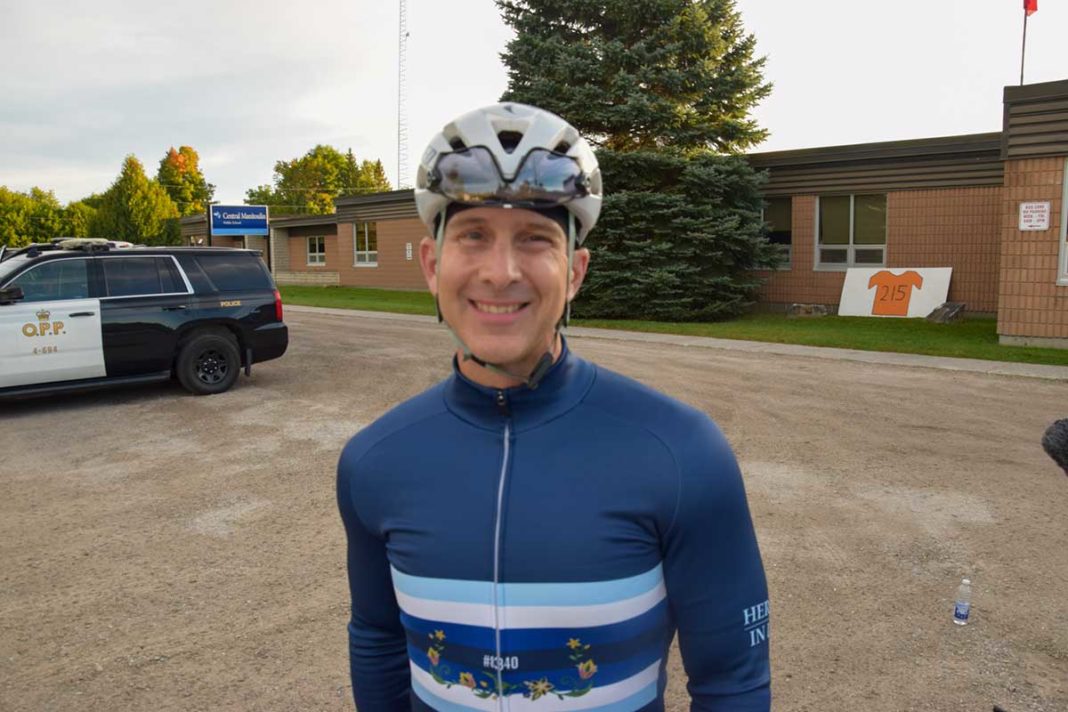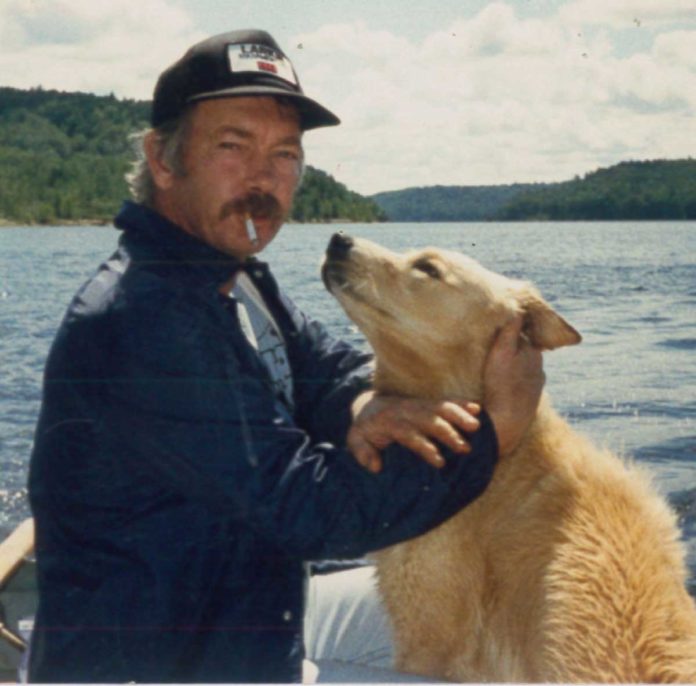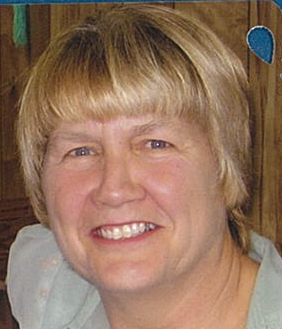ORILLIA – Ontario Police Commissioner (OPP) Thomas Carrique read the September 1 front page story ‘Police services are starting to challenge stigma of mental health’ and contacted The Expositor to clarify the extensive supports provided to officers following the shooting death of Constable Marc Hovingh last November and to talk about the transformation in mental health programming within the OPP organization.
Two and a half years ago the OPP did not have a full-time psychologist or partnerships with any external mental health providers. The organization now has a complete healthy workplace team with full-time mental health clinician professionals, said Commissioner Carrique. Not only is member wellness a priority, but Commissioner Carrique has travelled the province talking to members about it. He’s also spoken internationally and at events to help raise awareness.
“It’s important that both the public and the policing community understand that mental health supports have been greatly expanded and exist at the OPP, that the mental health of OPP members is the number one priority for me and the organization, and that if there is a member in need, they have many options for support available to them,” the commissioner wrote.
“The OPP has made member wellness a priority, and in 2019, following several internal and external reviews, created a Healthy Workplace Strategy. Our Healthy Workplace Team reached out to involved police members, including officers and communications operators, and their respective services immediately following Constable Hovingh’s tragic death,” he continued.
A team was, in fact, deployed the same day Constable Hovingh was killed to work with affected members and their families. Dr. Michelle Blain is the psychologist for the OPP Northeast region and was there immediately, the commissioner noted. OPP psychologists and peer supports continue to be available to this day.
In a telephone interview, Commissioner Carrique said many supports were provided. “Immediately that day, we included UCCM Anishnaabe Police Service (UCCM APS) in everything and we included Wikwemikong Tribal Police Service (WTPS) in everything. Their chiefs were contacted by our psychologists. They were invited to all debriefings. We have provided supports to their members. Those supports end up being confidential so they may not even be aware of that. Not only have we provided clinical support, we’ve provided peer support, we’ve provided the services of an Indigenous healer who served as a chaplain for us. We even made arrangements for one of the UCCM officers to have access to the Ontario Provincial Police Association benefit program.”
“We’re doing our absolute best to ensure the supports are in place and that people feel comfortable coming forward and seeking support,” he said. “Equally as important is that it’s a shared responsibility. Each of us have that responsibility to look out for each other but also to look out for ourselves and to actually have the courage to ask another member if they’re okay, if they need something. Are they having suicidal thoughts? Are they seeking the assistance of either one of our mental health clinicians or do they have outside supports? We’ve seen a real transition of our organization. We’re by no means done. It’s the type of thing that you’ll never have at 100 percent. You constantly have to work at it.”
The OPP has been implementing over 130 recommendations specific to mental health and 201 recommendations in total that address the overall culture of the organization. It has very much been the focus for the last two and a half years and tremendous progress has begun, the commissioner said.
The OPP peer support program is still evolving. “Full time peer supporters will eventually be replaced with actual mental health clinicians across the province,” he said. In preparation for that, almost 700 OPP members have been trained as peer supporters. “The goal is to have them on every shift and every unit and eventually, that everybody has some form of peer support training so they can be aware of the signs in each other as well within themselves.”
OPP psychologists actually work in the field, which is crucial to trust and relationship building, the commissioner said. “Day in and day out, they’re building relationships with members to break down the barriers to care, to reduce the stigma around mental health and to build that trust and confidence with our members so when they do need to reach out, they feel more comfortable in doing so, or when we put them to ground on a critical incident, hopefully there’s already a level of awareness or at least some knowledge of who the doctors are and what they’re able to do.”
“With stigma and self-stigma, much of it is our concern about what people will think of us as individuals, but it certainly has improved. Requiring treatment for mental illness or mental injury does not mean someone cannot actively work or actively contribute,” he said. “A lot of that is changing. There’s still much more work to be done but it is changing.”
Police officers suffer the same illnesses or injuries as everyone else does and are really just “ordinary members of our community who do extraordinary things that others are either unwilling or incapable of doing,” Commissioner Carrique said. “Whether it be heart disease, cancer or mental illness, we are human beings.”
When you factor in the additional mental stress from critical incident exposure that police experience throughout a career, it doesn’t matter who they are, at some point in their career they will be affected by the job. “You will not retire from the job of policing the same person you were when you started, which does not mean you will develop mental illness,” he said. “It does not mean you will have an unmanageable injury but it does impact officers. They are seeing or are exposed to things that others don’t even know happen but that officers are sometimes seeing on an hourly or daily basis. I think the vast majority of the public understands that and appreciates that.”
He considers it a compliment, in a way, that the general public holds the police to a higher standard. “We should be held to a higher ethical standard,” he said.
It is embedded in legislation that a candidate must be physically and mentally fit to perform the duties of a police officer and candidates are tested for these, but that doesn’t mean officers won’t be affected over time. “It can be one single incident or it could be the accumulation of many incidents. It’s important that the officers themselves, their families and the general public realize that it doesn’t mean they’re broken and it doesn’t mean that they’re not capable of continuing to serve and protect their communities. It just means that we have to mindfully manage the impacts of the job.”
The ongoing dialogue about mental health is an important one as is making the necessary supports available. “As a society I think we are doing better but we still also have a long way to go,” Commissioner Carrique said. “A lot of people struggle to see physical health, physical illness on parallel with mental health and mental illness.”





